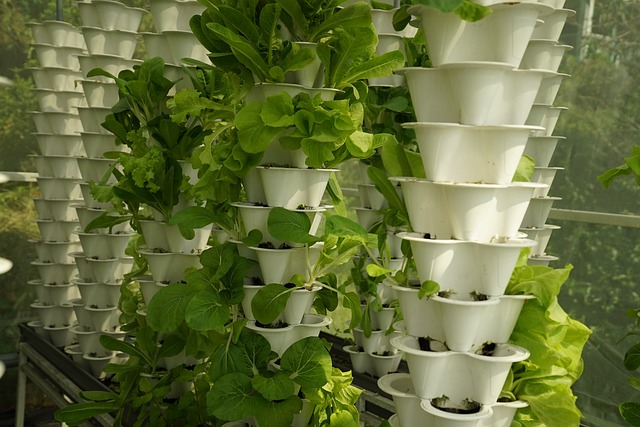The aquaculture industry across the Gulf Cooperation Council (GCC) countries is seeing robust growth in 2024, driven by rising demand for locally produced, sustainable seafood. With the increase in health-conscious consumers, shifting dietary patterns, and a strong push towards food security, GCC nations like Saudi Arabia, the United Arab Emirates, and Oman are investing heavily in expanding their aquaculture industries. This sector not only promises economic benefits but also aligns with sustainability goals, positioning the GCC aquaculture market for long-term growth.
Rising Demand and Food Security Priorities
As the GCC population grows and disposable incomes increase, dietary habits are evolving towards protein-rich, health-focused options, such as seafood. Aware of this shift and the need to reduce dependency on seafood imports, regional governments are prioritizing local aquaculture production as part of their broader food security strategies. This approach not only ensures a steady, fresh supply of seafood but also supports self-sufficiency in a region that imports a substantial portion of its food.
Saudi Arabia, for example, is a leader in this regard, investing significantly to develop its aquaculture industry as part of Vision 2030. With ambitious targets, including a national production goal of around 600,000 tons of seafood by 2030, Saudi Arabia aims to become a key player in regional and even global aquaculture. Other GCC nations are following suit, recognizing the sector’s potential for economic diversification, job creation, and environmental sustainability.
Technological Advancements and Sustainable Farming Practices
The arid GCC climate presents unique challenges for traditional agriculture, making technological innovation essential to the region’s aquaculture growth. Advances in Recirculating Aquaculture Systems (RAS), which use minimal water and recycle it efficiently, are particularly valuable in the GCC, where water scarcity is a significant concern. By implementing smart technologies, such as automated feeding systems, water quality sensors, and real-time monitoring, aquaculture farms can increase yields, cut operational costs, and minimize their environmental footprint.
Sustainability is a central pillar of aquaculture in the GCC, with a focus on protecting the region’s fragile marine ecosystems. As such, many companies are adopting eco-friendly practices, like renewable energy use and organic feed, and reducing reliance on chemicals. These practices align with the environmental goals of GCC countries, whose leadership is committed to responsible resource management and reduced carbon emissions.
Overcoming Challenges and Looking Ahead
Despite its promising trajectory, the GCC aquaculture industry faces several challenges. High start-up and operational costs, especially for energy and fish feed, remain substantial. Additionally, there is a shortage of skilled aquaculture professionals in the region, creating a gap in expertise that could affect productivity and industry growth. However, governments are actively working to address these challenges through incentives, grants, and training programs designed to encourage local and international investments.
For More Info: – https://www.gmiresearch.com/report/gcc-aquaculture-market-analysis-industry-research/
Looking ahead, 2024 appears to be a pivotal year for the GCC aquaculture industry. With continued support from both the public and private sectors, the GCC region is well-positioned to become a significant aquaculture hub, meeting growing demand for seafood in a sustainable way. The progress made in 2024 is likely to strengthen food security, contribute to economic growth, and promote sustainability across the GCC, marking a new era for regional aquaculture.
